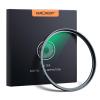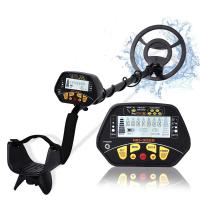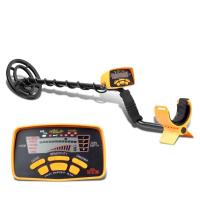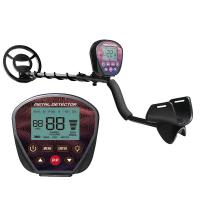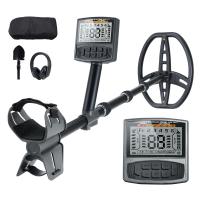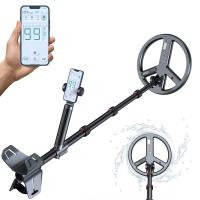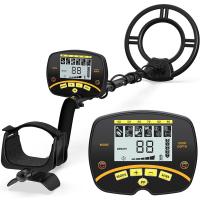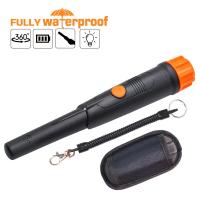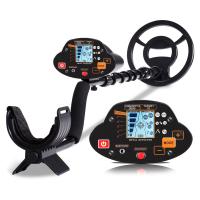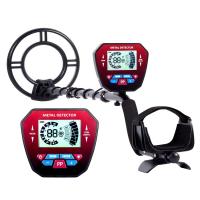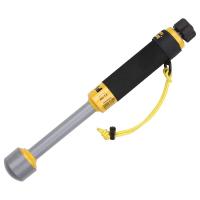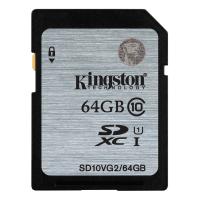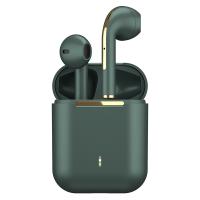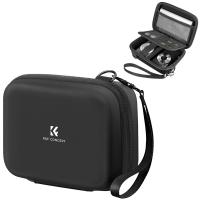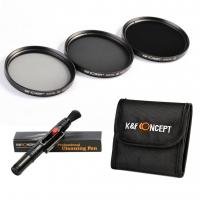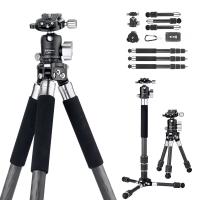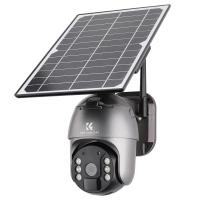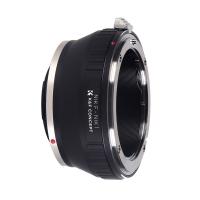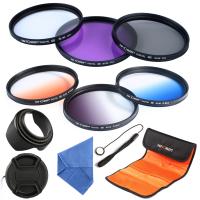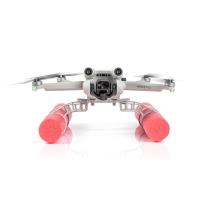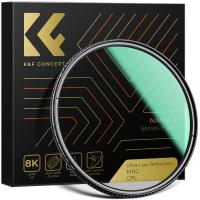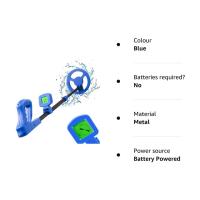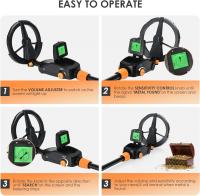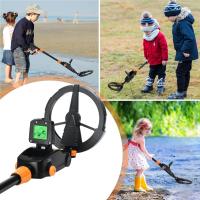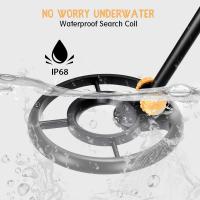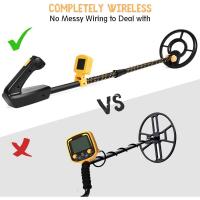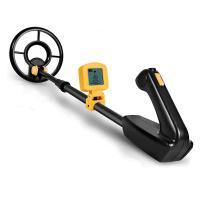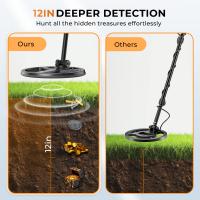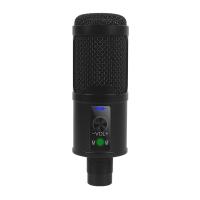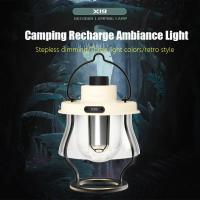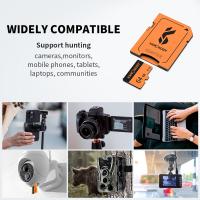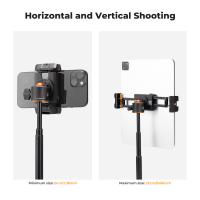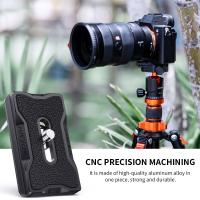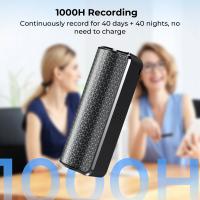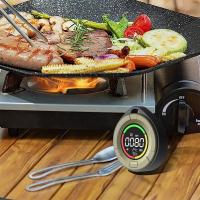What Is The Best Metal Detector For Gold?
When it comes to finding the best metal detector for gold, the task often lies in matching the needs of the user with the capabilities of specific detectors designed for this purpose. Choosing the right detector for gold prospecting can seem overwhelming, especially for beginners, considering the variety of devices available in the market. Yet, understanding the key features to look for and how specific models perform in different conditions makes the search easier. In this article, we will explore what makes a great gold metal detector, highlight some top-performing models, discuss considerations based on user needs, and offer practical advice for selecting the right device.
Understanding the Key Features of a Gold Metal Detector
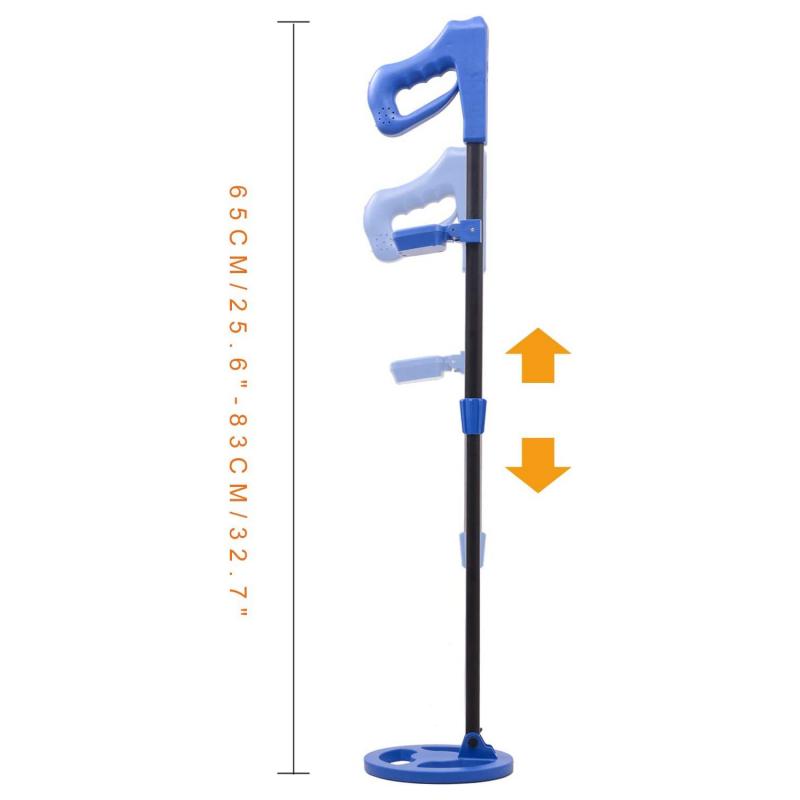
Gold prospecting requires a metal detector with specific technical features, as gold is often found in highly mineralized soil and in small pieces, making it more challenging to detect than other metals. Below are the most important technologies and features to look for when selecting a gold-specific detector:
1. Operating Frequency
A higher operating frequency is essential for detecting small gold nuggets. Detectors that operate in the range of 15 kHz and higher are better suited for gold prospecting than those designed for general coin or relic hunting. This is because gold, especially smaller nuggets, is more easily detected at higher frequencies.
2. Ground Balancing
Gold prospecting often takes place in mineralized soils where iron and other ground minerals can interfere with detection. A metal detector with adjustable or automatic ground balancing capability can filter out these mineral signals, allowing the user to focus on detecting gold.
3. Pulse Induction (PI) or Very Low Frequency (VLF) Technology
Metal detectors for gold come in two main types: those that use Pulse Induction (PI) technology and those that use Very Low Frequency (VLF) technology. PI detectors excel in heavily mineralized soil and are more effective at greater depths, but they may struggle with smaller gold pieces. VLF detectors, on the other hand, are better suited for small nuggets and shallower searches but might not perform as well in extreme ground conditions.
4. Sensitivity and Depth
Sensitivity is crucial for detecting gold in varying sizes and depths. A high-quality detector balances sensitivity with penetration depth, allowing it to locate both small nuggets near the surface and larger deposits buried deeper underground.
5. Portability and Battery Life
Since gold seekers often work in rugged environments, a lightweight and ergonomic detector is important for ease of transport and prolonged use. Long battery life is also key, as gold hunting in remote areas may require hours of operation without access to power.
Top Gold Metal Detectors Available Today
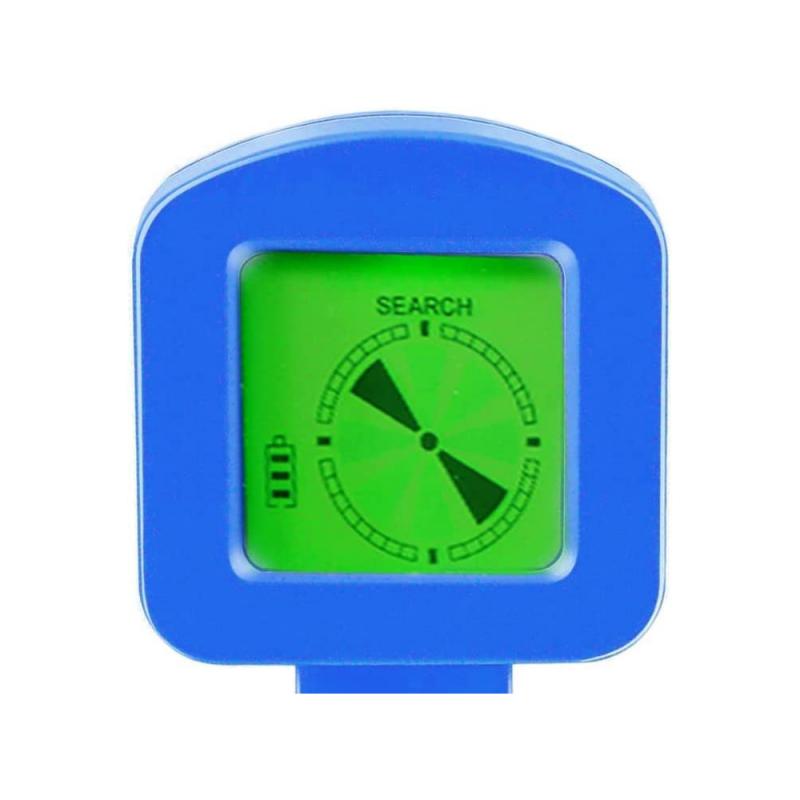
Given the wide array of metal detectors designed for specific uses, some models consistently stand out for gold prospecting purposes. Below are a few detectors that cater to different user needs, budgets, and levels of experience:
1. Minelab GPZ 7000
The Minelab GPZ 7000 is a professional-grade detector equipped with cutting-edge technology for serious gold prospectors. Its Zero Voltage Transmission (ZVT) technology allows for exceptional depth and sensitivity, capable of finding gold nuggets buried deep in mineralized soil. The detector also comes with advanced ground-balancing features, waterproof coils, a GPS for mapping, and even wireless audio. However, it is an expensive option, making it most suitable for seasoned prospectors and those working in highly productive gold fields.
2. Garrett ATX
A go-to detector for those seeking durability and versatility, the Garrett ATX employs PI technology, making it excellent for finding gold in heavily mineralized ground. It is fully waterproof up to 10 feet, making it ideal for gold prospecting near rivers or streams. The Garrett ATX's rugged construction makes it especially appealing for outdoor gold hunting, though its weight may be a concern over extended periods.
3. Fisher Gold Bug 2
For those searching for small gold nuggets in shallow ground, the Fisher Gold Bug 2 is renowned for its ultra-high operating frequency of 71 kHz and its exceptional sensitivity. It is designed specifically for gold hunters working in areas with minimal mineral interference. Affordable and user-friendly, the Gold Bug 2 is particularly appealing for beginners or hobbyists experimenting with gold prospecting.
4. Nokta Makro Gold Kruzer
The Gold Kruzer is a waterproof, VLF-based detector offering a high 61 kHz operating frequency. Its lightweight design and intuitive interface make it accessible to newer users. Designed to perform well in a range of conditions, it balances affordability with sensitivity, making it ideal for casual gold hunters or those exploring less extreme terrain.
5. Minelab Gold Monster 1000
The Gold Monster 1000 is a mid-range VLF detector known for its automatic settings and high performance in detecting small gold nuggets. This model offers competitive sensitivity to small targets, lightweight construction, and a simple learning curve, making it a great option for beginners or intermediate users looking to upgrade without breaking the bank.
How to Select the Right Gold Metal Detector
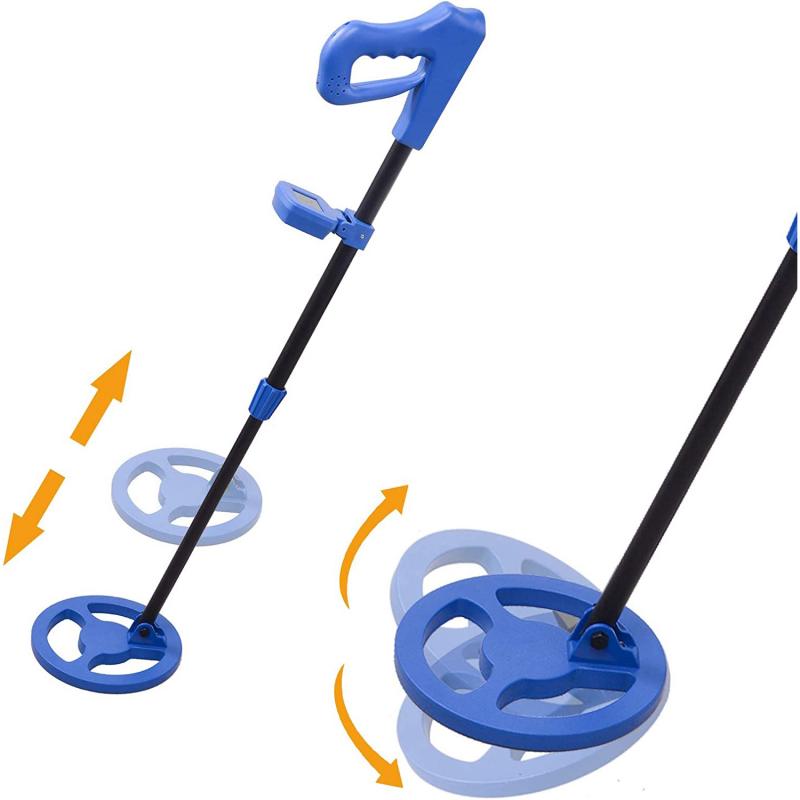
Buying a metal detector for gold requires careful thought about how you plan to use it. Beyond knowing the technical features, here are some considerations to keep in mind during the selection process:
1. Location
Understanding the geology of your prospecting area is crucial. If your region has highly mineralized soil, you may want to prioritize Pulse Induction (PI) detectors, whereas areas with minimal interference can be better suited to VLF detectors focused on small targets.
2. Budget
Metal detectors for gold prospecting range from a few hundred dollars for beginner models to several thousand dollars for professional-grade equipment. It’s important to choose a detector that fits your budget but still offers the essential capabilities for gold prospecting in your desired conditions.
3. User Experience
Your level of experience with metal detectors will significantly influence your choice. Beginners should focus on detectors that are easy to operate and have automatic settings, while advanced users may appreciate more customization options.
4. Weight and Ergonomics
If you plan long days in the field, always consider the weight and ergonomics of a detector. A heavy detector can lead to fatigue, limiting the time you can spend gold hunting.
5. Waterproof Capability
If you intend to look for gold in rivers, creeks, or wet terrains, select a detector with waterproof designs to ensure longevity and enhanced effectiveness.
Tips for Successful Gold Prospecting
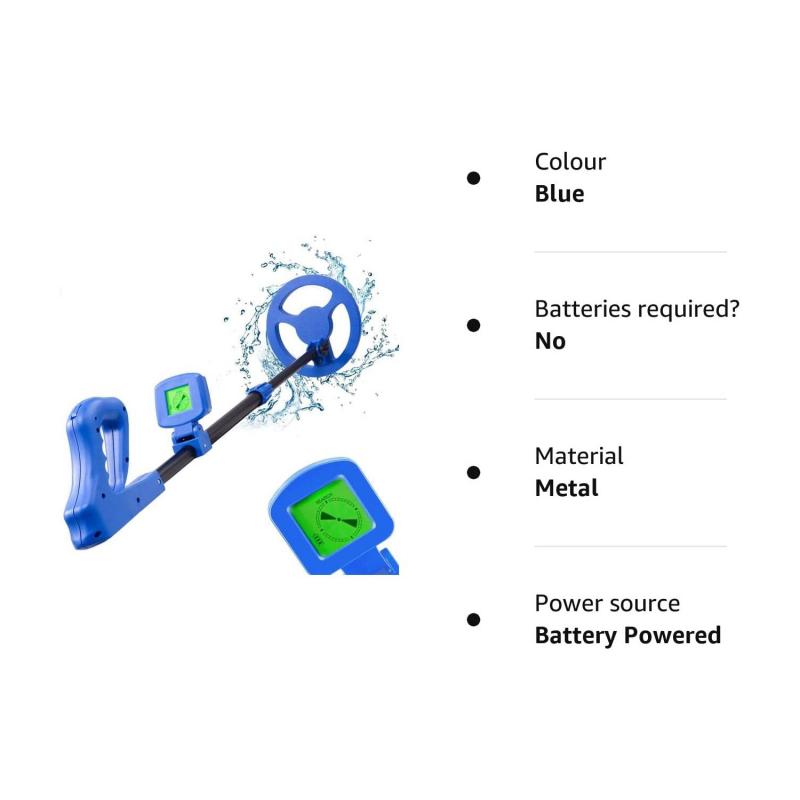
Even with the best metal detector, finding gold often depends on strategy and persistence. Below are some helpful tips for maximizing your success:
- Research First: Investigate the history of gold in your chosen region and study maps to target high-potential areas efficiently.
- Practice with Your Detector: Spend time learning how your chosen detector works in various conditions, especially its ground balancing and sensitivity settings.
- Be Patient: Gold prospecting can take time, and results aren’t always immediate. Consistent searching and a methodical approach often pay off.
- Use Proper Tools: A gold pan or small digging tools can help you recover gold nuggets once your detector identifies a target.
- Maintain Your Equipment: Regularly inspect and clean your detector to ensure optimal performance, especially if you’re working in rough or wet conditions.
Choosing the best metal detector for gold depends on a combination of factors, including budget, skill level, the geological conditions of your search area, and the size of gold you're targeting. Models like the Minelab GPZ 7000 or Garrett ATX cater to advanced users with higher budgets, while options like the Fisher Gold Bug 2 or Nokta Makro Gold Kruzer provide excellent performance for beginners. Understanding the technical features and aligning them with your prospecting goals will undoubtedly increase your likelihood of success. Whether you’re an experienced gold prospector or just beginning your journey, investing in the right detector and honing your skills will help turn gold hunting into a rewarding adventure.

